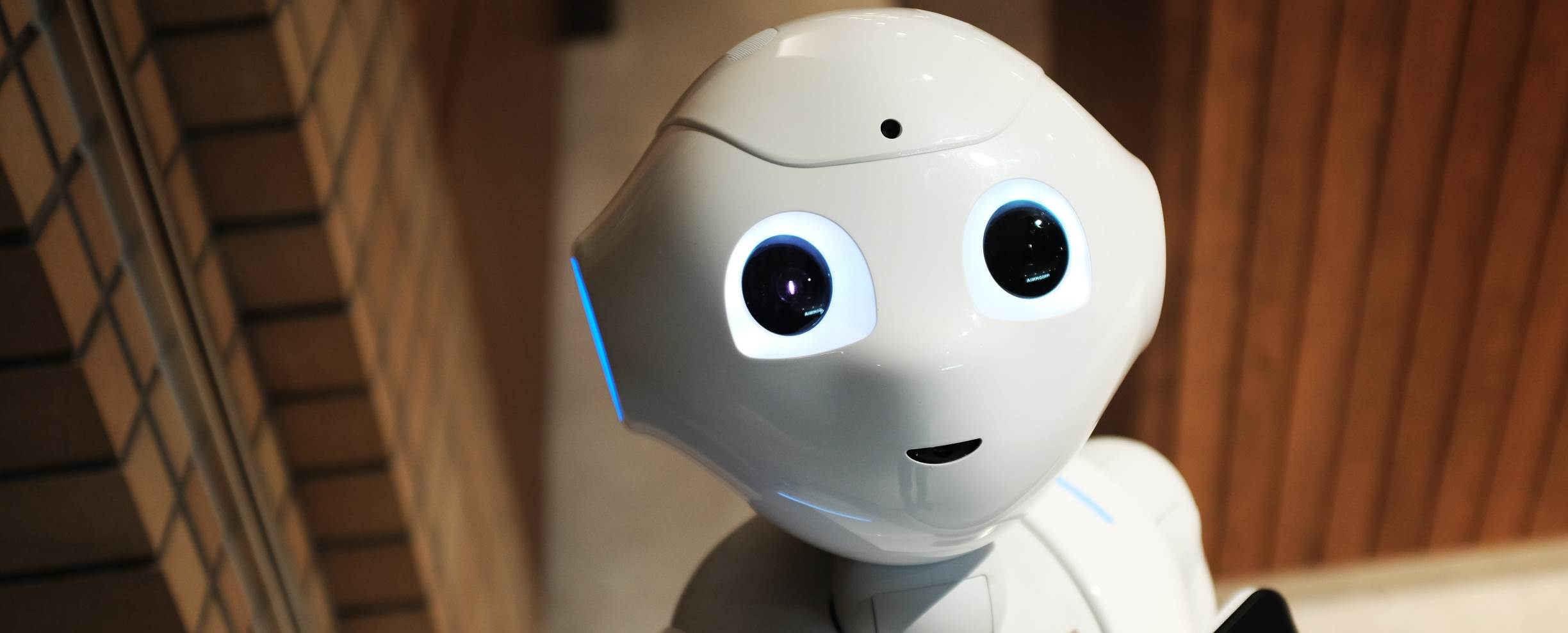AI and Doctor Trust
Photo by Alex Knight on Unsplash
By N. Lapidot, Vaica Business Bevelopment Manager
Caraline Watkins, Contributor
The medical world is an ever-advancing field where there is constantly new information and findings coming to surface. But recently, with the ever advancing world of technology, the medical and technology worlds have been colliding and some doctors are not trusting of this advancing marriage. In a recent article from CNBC, doctor’s apprehension to trust artificial intelligence is outlined and discussed. Do doctors have reason to reserve their trust from AI or is this technology able to help patients?
First of all, we must define what artificial intelligence (AI) is and how it is being incorporated into the medical field. AI can look many different ways, including diagnosing an eye disease or predicting a heart attack. There are many different views on how accurate these diagnostic abilities are and if they are benefiting healthcare. Some doctors are willing to trust while others- not so much. So which way will it go? There will either be an embrace in the medical field or a rejection.
I lean towards the embrace school. I think doctors are likely to embrace AI because of its ability to pick up certain rare diseases or very specific conditions. According to the article mentioned above, it can pass a board exam better than a human. AI can also contain an extensive database, almost like a textbook, and cross reference the data in a way that is utterly impossible to do in our brain.
With all of these great reasons for AI, there are still many reasons for distrust from doctors. Technology is not able to understand the full background of a patient like their social life, work life, economic situation, etc’. There is also the lack of patient privacy, there would be too much information known by technology that could get breached. Another aspect, mentioned early in a Vaica blog, is that patients still need that human interaction and touch from their doctor.
In a world that is ever-changing, AI will continue to advance. We can either be scared of it and run away, or embrace it and use it to its full advantage. This does not mean we should allow it to take over the uniqueness of the human mind, but doctors can definitely use it to confirm or help with a diagnosis. AI can help fill in information gaps and in return, doctors can fill in the emotional gaps when AI makes mistakes. Together it sounds to me like a win-win situation that eventually helps the patient receive the best care and outcomes.

